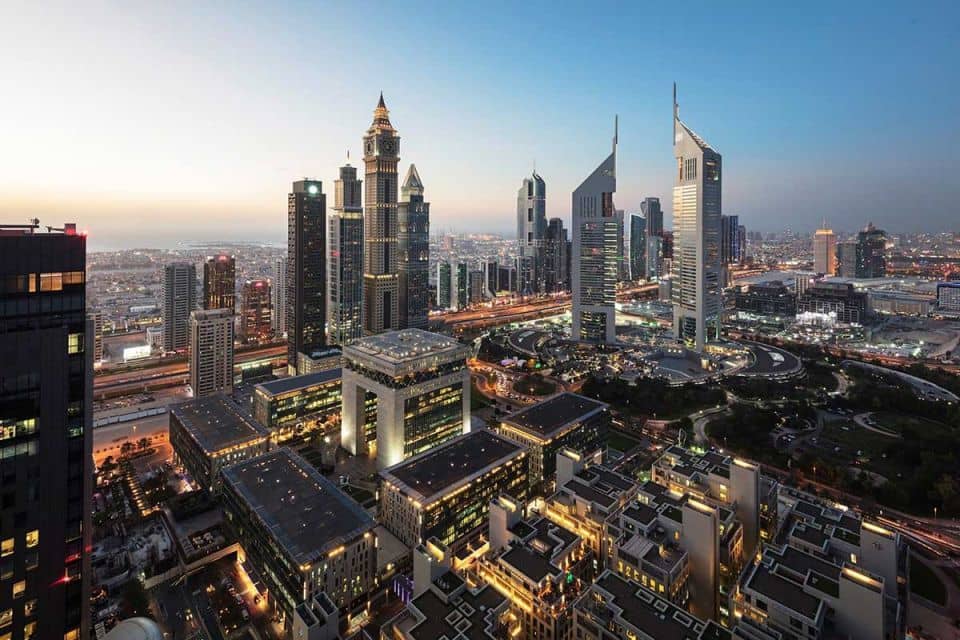The term “co-living” has a lot of different meanings. It usually refers to a shared residence for two or three biologically unrelated individuals. In the UAE, however, “sharing rooms” is not permitted. As a result, in the UAE, co-living is centered on purpose-built communities that provide separate homes for people who share similar beliefs. It frequently accompanies common work and socializing areas. In recent years, a slew of new facilities has opened in Dubai, catering mostly to young professionals, itinerant ex-pats, SME owners, digital nomads, and freelancers. However, when people became warier about transmission as a result of the pandemic, such close-knit societies went out of favor. Will the UAE’s co-living segment make a comeback now that the post-pandemic recovery is underway and transmission concerns are being mitigated through vaccination?
Lifestyle changes driven by COVID-19
A new “digital nomad” lifestyle has emerged as a result of the COVID-19 epidemic and more remote working. The lines between personal and professional life have become increasingly blurred as a result of this. In other words, for many people, work and pleasure are now synonymous. As a result, the lethargic co-living market has gotten a fresh lease on life, and a few key companies are aiming to cash in on it, notably through new projects. Meanwhile, these initiatives are intended to reflect the pandemic’s focus on end-user wellbeing, ease, cost, and transparency. Developers that can adjust their offerings suitably will find a large, untapped market.
Increasing virtual workforce – a golden opportunity for Dubai
Apartment blocks throughout Dubai and the rest of the UAE are now attempting to generate a friendly atmosphere. This type of communal housing is appropriate for persons with few but specific needs, such as adequate food, reliable utility services, guaranteed safety and security, and recreational places.
Indeed, many existing “co-living” facilities in Dubai include cafés, gyms, indoor gaming arenas, co-working lounges, reading, and creative thinking areas, music rooms, and other amenities, either within the hybrid complex or nearby. Such facilities, in the modern, post-pandemic setting, tick all the boxes for the tech-savvy generation of today, especially those who respect privacy and individuality while simultaneously cherishing the delight of social contacts.
Co-living arrangements are also appealing to ex-pats. Lower rents (as well as more flexible payment terms, short-term leases, and no lock-in periods), a comfortable living environment, and the chance of making new friends in a new location are all elements that encourage ex-pats to choose co-living housing. The government’s ‘virtual working programme,’ which will allow people to work for foreign corporations while living in the UAE, is a welcome boost for the co-living sector.
The way forward
Co-living facilities are predicted to have a two-fold influence on the local real estate market. To begin with, renting and purchasing residential units will be less expensive. This could open up a new market of young, first-time homebuyers (or renters) who previously would not have been able to purchase a property of this caliber. Indeed, the allure of co-living may encourage builders to create purpose-built, hybrid communities with fewer private residences and more common areas and experiences.
The pandemic has only served to emphasize the importance of stronger social ties and a sense of belonging. Real estate, as a sector that swings with consumer emotion, might soon see a slew of projects centered on the concept of “co-living.” Dubai, on the other hand, has people-centered governance and a developer community that is focused on innovation to re-energize a segment that has been waiting for a big comeback.
